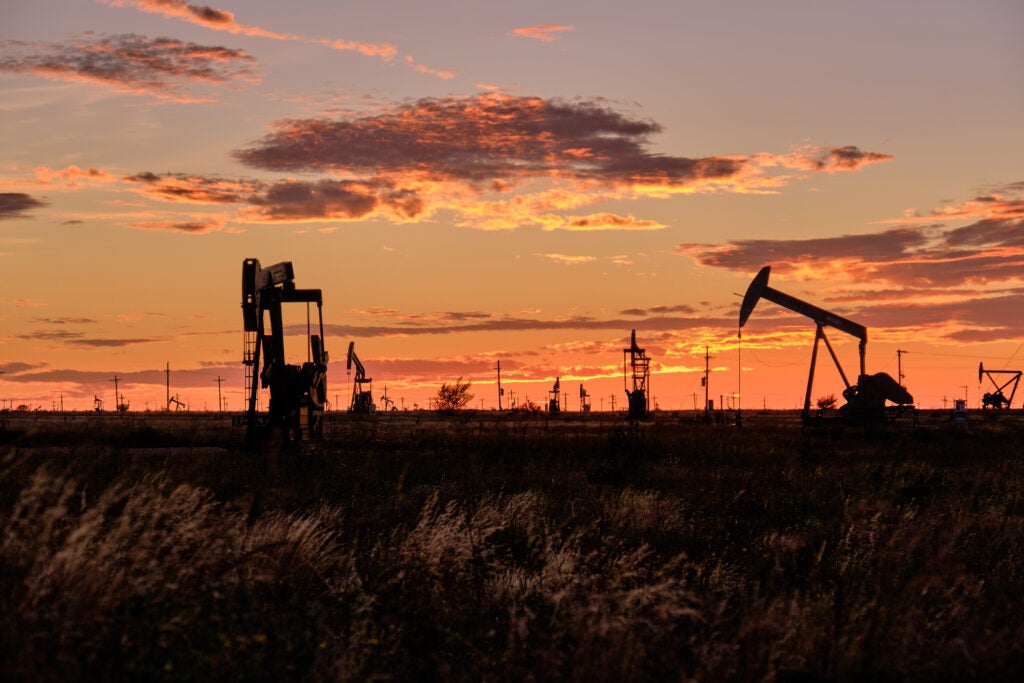US President Joe Biden announced a ban on imported Russian oil on 8 March 2022, as part of broader sanctions on the Russian energy sector. On the same day, the UK announced it will phase out Russian oil imports by the end of 2022.
A concomitant study by Brussels-based campaign group Transport & Environment (T&E) finds that the EU’s Russian oil imports directly fuel the Kremlin’s military spending. In 2021, EU and UK imports of crude oil, petrol and diesel were worth $285m per day, T&E estimates. Over the course of 2021, they earned Russia more than twice its revenues from gas exports to Europe.

So far, the West has formed a united front in imposing sanctions against Russia. However, it does not appear that European countries will participate in oil bans. The new EU energy action plan released on 8 March focused on diversifying oil supply to become less dependent on Russian imports but did not impose import restrictions.
On 7 March, a day before the UK and US announced their oil moves, German Chancellor Olaf Scholz made it clear that Germany would not participate in a ban on Russian oil or gas.
“There is currently no other way of securing Europe’s supply of energy for heat generation, mobility, power supply and industry,” he said in a statement. “It is therefore of essential importance for the provision of public services and the daily life of our citizens.”
Russia is the world’s second-largest crude oil exporter. According to Eurostat data, 23% of EU oil and oil product imports came from Russia in 2020. Germany depends on Russia for around a third of its oil imports.

US Tariffs are shifting - will you react or anticipate?
Don’t let policy changes catch you off guard. Stay proactive with real-time data and expert analysis.
By GlobalDataThe US, meanwhile, depended on Russia for just 7% of its crude oil and oil product imports in 2020.
To cover the lost Russian oil supplies, the US has been reaching out to Saudi Arabia and Venezuela. The White House discussed easing oil sanctions in Venezuela in return for imports. Saudi Arabia, however, reportedly refused calls with the Biden administration.
As the world’s largest producer of crude oil, the US could boost domestic production, which was down in March 2020 due to the Covid-19 pandemic, but has picked up again since March 2021, climbing to 350 million barrels of oil produced in December 2021. The International Energy Agency forecasts that production will rise in 2022 to an average of 12 million barrels a day and move to record-high production of 13 million barrels a day in 2023.
Big oil companies ExxonMobil and Chevron have already announced that they expect production in the Permian Basin to rise this year, by 25% and 10%, respectively. The White House has pointed out further opportunities for increased production via 9,000 unused federal onshore permits in the hands of producers. The limitation to new production, however, is that decisions taken now will not show immediate results.
Less dependency on Russian oil means the US can afford to impose a ban on imports. For EU member states, the consequences would be much greater. However, the question remains how effective the sanction is without the EU's participation.
UK Prime Minister Boris Johnson has acknowledged the current oil ban will not greatly affect Russia.
“But what it will do is add to the pressure we are already seeing on Russia,” Johnson said after the announcement of the UK import phase-out, “and don’t forget that the economic impact of the sanctions that the UK has led has been extreme.”


